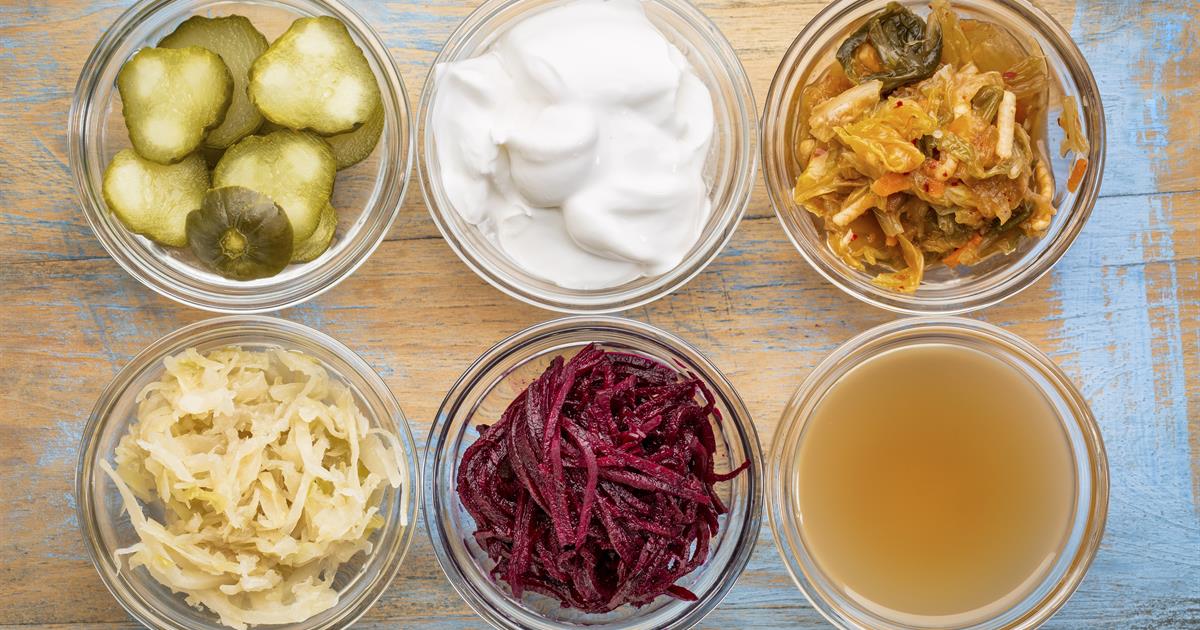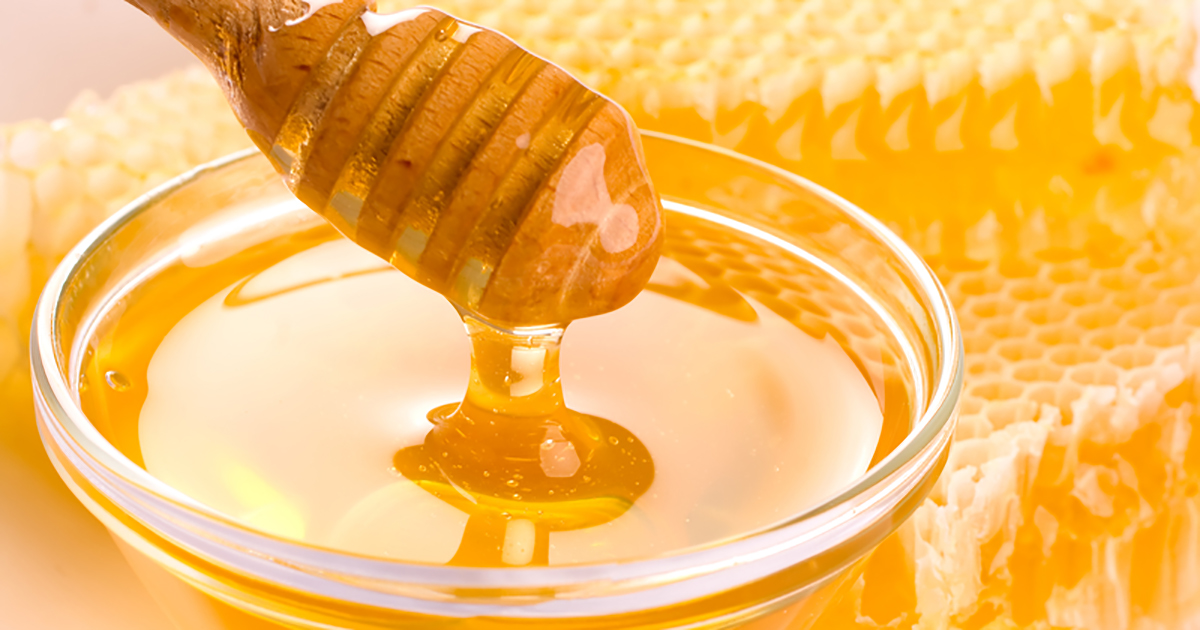The Most Effective Chronic Cough Remedies
Coughing can be a symptom of many different ailments. Some individuals might develop a cough due to allergies, upset stomach, when a fever is present, or even from gastroesophageal reflux disease. Seeking treatment for a cough is recommended when it is accompanied by body aches and fever as this may be a sign of an upper respiratory infection. Coughs that are not due to a bacterial infection do not need to be treated with an antibiotic. In fact, antibiotics will not work for viral infections, which is why the common cold must simply run its course without them. They can be harmful in some cases, such as by building up an individual's resistance to them as well.Thankfully, there are simple natural remedies for coughs out there! Get to know them now.
Probiotics

Probiotics are known for providing digestive relief, but not many individuals are aware of their power when it comes to relieving a cough. While they do not directly reduce coughing, they help support the growth of 'good' bacteria in the gut, which can help fight infections responsible for a cough. The probiotic strain Lactobacillus is especially beneficial for reducing the risk and length of the common cold or flu. They are also useful for protecting against certain allergens such as pollen. Probiotics can be purchased in supplement form, as well as many foods contain naturally-occurring probiotics, such as yogurt, sauerkraut, pickles, and other fermented foods.
Raw Honey

Raw honey is a tried and true (and tasty) method for reducing coughing. One study showed honey might be able to reduce coughs better than some over-the-counter medications containing the cough suppressant dextromethorphan. Individual who want to try honey to help reduce their cough should mix two teaspoons of raw honey into herbal or green tea and a splash of real lemon juice. Honey is soothing to the throat while the lemon juice will help improve any congestion. Eating honey by the spoonful is also effective. However, individuals should be sure to use raw honey that has not been heat-treated and has all of its nutrients intact.
